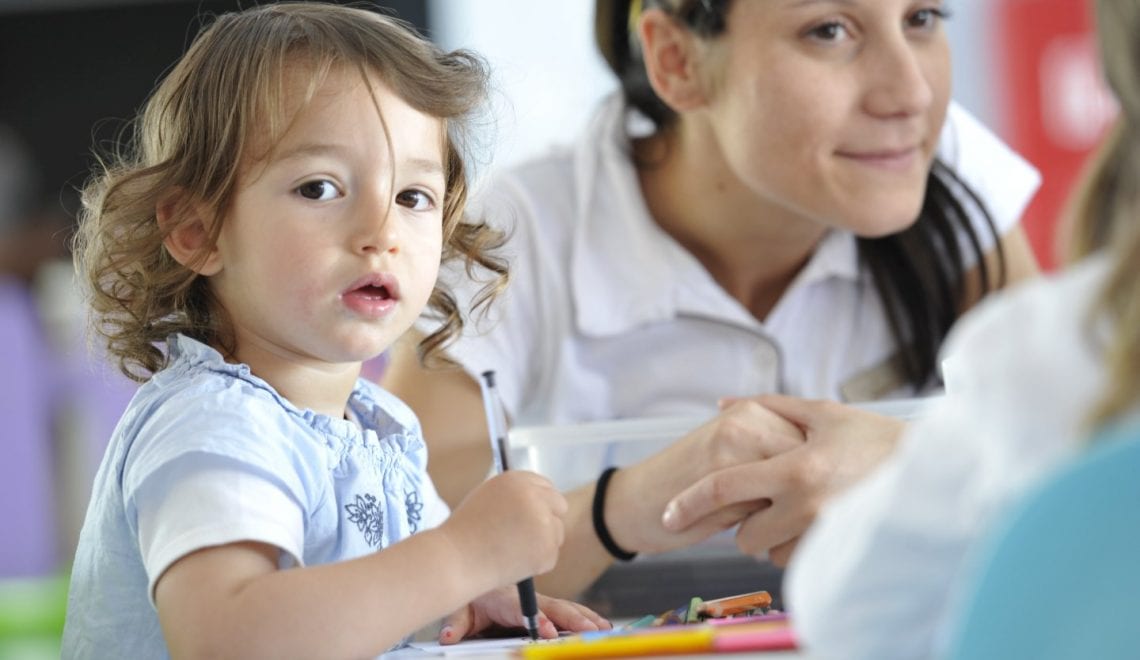Mummy, Where Is My Tablet?

This is not a foreign sentence for you, is it? Maybe you’ve overheard a toddler ask this question in a restaurant. You may have even shook your head in disbelief. Or maybe it is your own child who has one? The reality is that an IPAD or Tablet is becoming an increasingly popular “toy” for our children. We may have provided every LEGO set, Puzzle and Book under the sun but our child wants to play with this elusive touch-screen device.
It is the time we are leaving in. Everything is revolved around touch-screen, flat-screens and making things happen quickly. Parents are relying on tablets to help them enjoy a meal in a restaurant or to preoccupy their children on a long flight. Hours and hours or entertainment are had. If the charger has been misplaced there is a public service announcement. It is a vital part of a lot of family’s day to day life.
Is it really such a bad thing? There are actually many positives to a device such as a Tablet. Many of them come with games that are focused around learning and developing new skills, problem solving and number sequences. They can be a really positive educational aid. Aid is probably the important word in that sentence. When used sparingly there really is no great worry. It becomes a problem when a device like this starts to become the only entertainment that your child wants or receives.
Reading is a really important skill and hobby to introduce to our children. When given the choice between playing with the tablet or reading a book your child will more than likely chose the tablet. In fact they may even inform you that they can download that exact book on to the tablet via an app. These facts can be quite difficult to argue against. The NHS recently commented on a research finding regarding screen time in children. It showed that 10% of children who had more than two hours of screen time per day were having high levels of raised blood pressure. It was a very worrying statistic and further emphasises the importance of monitoring the amount of time our children interact with a screen of any kind. There are also links to our children developing anger issues and normalising violence and crimes. These can often be associated with certain games and products.
 We are all trying our best to keep our children safe and happy. A couple of simple strategies may help when trying to reduce the amount of time your child spends looking at a screen
We are all trying our best to keep our children safe and happy. A couple of simple strategies may help when trying to reduce the amount of time your child spends looking at a screen
1. Lead by example. If your child constantly sees you interacting with your own smart phone or device they will want to do the same.
2. Encourage reading time and outdoor play where possible. It is important to emphasise the joy that both of these things can bring. They may totally distract them from their device.
3. Set our clear rules and boundaries for screen time. If you have allowed your child to spend thirty minutes on the tablet it is important that you follow it through. There will be tantrums and protests but eventually it will become a normal part of the deal.
4. Content matters. Monitoring what your children are doing when online or using these devices is more important than anything. Encourage learning and developmental games where possible. Perhaps you might even get involved yourself?
5. Try to discourage screen-time directly before bed. This can have an adverse affect on your child’s ability to “switch off” and settle down before they sleep.






